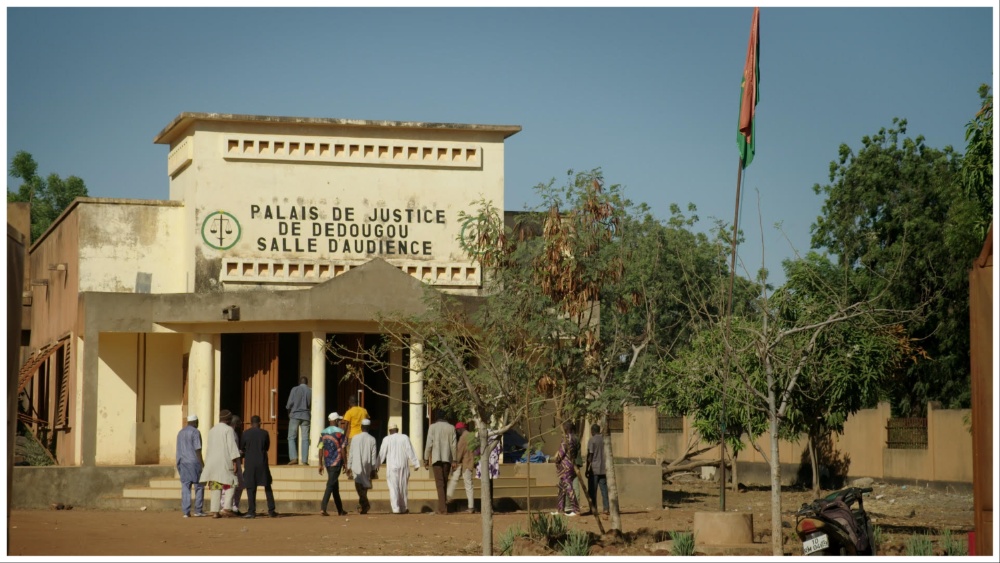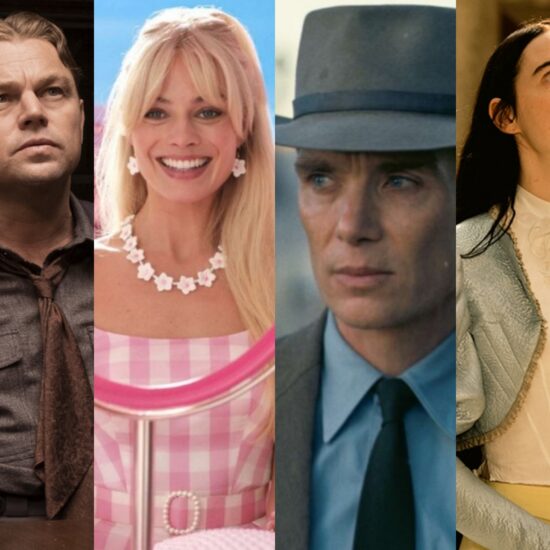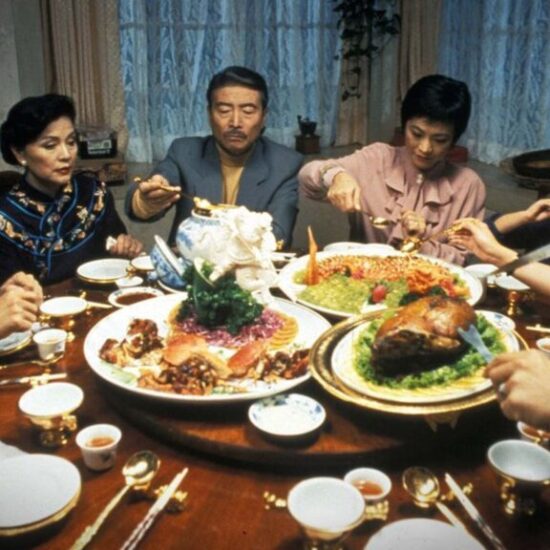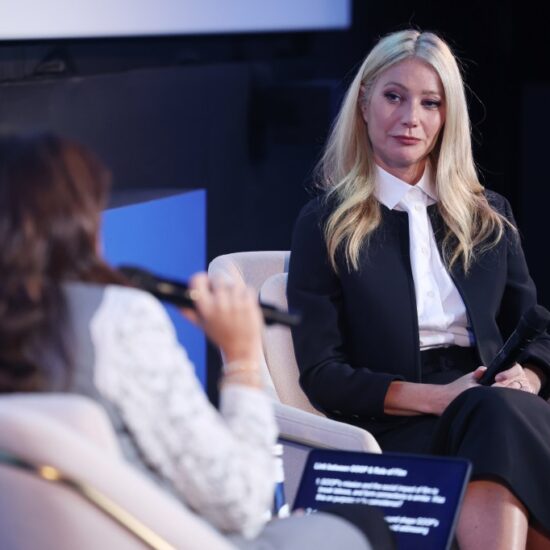
International sales company Andana Films has boarded “Al Djanat – The Original Paradise” by Franco-Burkinabe director Chloé Aïcha Boro. The film had its international premiere at Visions du Réel, in Nyon, Switzerland, after a world premiere at Fespaco in February. Selected in the international competition in Nyon, the documentary was pre-sold to Canal+ International for a broadcast on the African continent.
For her fourth documentary, produced by Les Films de l’œil Sauvage, Boro has, for the first time, turned the camera on her own family, capturing life in their big courtyard surrounded by several small houses in Dédougou, Burkina Faso, where she grew up before emigrating to France. Filmed up close, over a period of five years, the animated square makes the viewer feel as welcome as at home.
The beating heart of the large Coulibaly family, it is also there that all its members’ umbilical cords are buried, binding them, according to the ancestral tradition, forever to the courtyard. Through the years, it also became for the inhabitants a place for prayer and pilgrimage due to its owner, the director’s uncle, Ousmane Coulibaly, a great religious authority.
The film, an 84-minute gem of sincerity, has been the documentarist’s most difficult project: “Returning to where my umbilical cord is buried always ties knots in my stomach,” she says in the voice-over. “This return is more of an ordeal than the others. Twelve years of exile in France have taught me that returning is often more difficult than leaving.”
An ordeal, because her childhood “original paradise” has become the scene of a family dispute over the legacy of Ousmane Coulibaly, after he died in a stampede during his pilgrimage to Mecca. Who are the patriarch’s heirs? His 19 children or his many brothers still alive? The oral tradition that regulated successions for centuries in the country was quickly called into question, clashing with the official written justice, inherited from the colonial period. The family slowly divides between those who wish to preserve traditions and those who advocate modernity and want to sell the family home.
“My uncle’s passing was the trigger,” Boro, whose former works include “Balolé, the Golden Wolf,” tells Variety. “I had the intuition that there was something to be done about his death, because such an emblematic figure could not leave without something happening. But I had no idea that the film would take this form, that my family would be torn apart by the material and spiritual transmission of his possessions and that the future of this courtyard would one day even be questioned.”
Seeking to reflect the spiritual importance of the issue through the work of cinematographers Mathieu Bertholet, Prisca Bourgoin and Rémi Jennequin, the director favored subdued lights whenever possible, “to have an atmosphere of dimmed intimacy and to recreate this feeling of sacredness one can find in churches and mosques.” Scenes were therefore mostly shot at dawns and ends of days rather than in raw sunlight.
The driving force behind the director’s film was also to make her native culture better known. “We pass by people of all origins every day, and that’s the beauty of our globalized world, but I sometimes feel that we don’t really meet each other.”
The rich oral tradition of West Africa takes the main stage. The story is punctuated by the singing of the griottes, who infuse the feature with a power that grips the heart until the very last second. “It is almost a documentary musical. The songs carry both the narrative and the poetry that I wanted to put in it. We see the opposition between the justice inherited from the West, which is recorded in writing, whereas in the Mandingue people traditions, everything is recorded by word of mouth. That’s why writer Amadou Hampâté Bâ said: ‘An old man who dies is a library that burns.’ I wanted to testify of our oral literature and its depth. Our languages are very rich, very colorful. We use a lot of proverbs,” Boro says.
“For example, instead of saying to a child, ‘Stop taunting your brother,’ we would say, ‘He who has not crossed the other shore, does not mock him who is drowning,’ and the child has to give it a meaning. That is why, by us, we often say ‘the word is a peanut and it is up to the person who receives it to deconstruct it.’”
In this powerful work showing the impact of societal changes on ancestral traditions, Boro never gets judgemental. “Even though I sometimes feel pain seeing how little has changed, I keep a strong tenderness for my culture. I am not exactly the same anymore, I could not imagine for example living with a polygamous husband. But this is my family’s reality, and it would surely be mine had I stayed. And this reality, the women of my family manage to embellish it thanks to their great strength and self-confidence.”
A part of Boro’s family refused to appear on screen. For them, the desecration of the courtyard came from the desire of some to sell it, but also from her cameras. But the biggest challenge for the filmmaker was to figure out how much distance she should put between herself and the very personal subject.
“I felt the need to protect myself, to remain, I would say, behind the fourth wall. For the same reason, I never filmed my mother, Haoua Bomborokuy Coulibaly, who still lived in the family home. I thought it would be a kind of egotism to do so. I highly regret my decision. She passed away during the pandemic in 2020. I dedicated ‘Al Djanat’ to her as a way of repairing my mistake and making her a part of the film.”
Boro found the perfect distance she was looking for only during editing when she finally agreed for a voice-over. “I decided I want to testify about my position and what I could pass from my history on to my children who are mixed and were born far from this courtyard in France. This film is my gift to them, those whose umbilical cord I could not bury. It is the story of their origins.”













